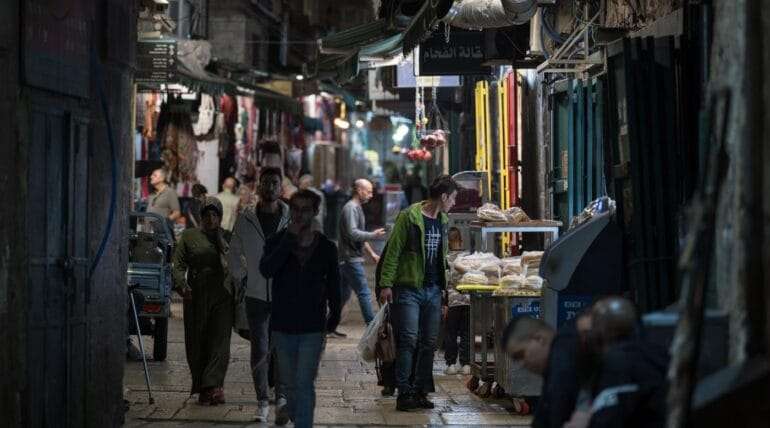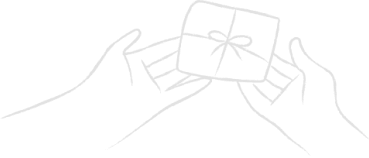
Rabbis for Human Rights: ‘Rebuilding the Path Toward Justice and Peace’
"Reconciliation begins with recognizing human rights," said Goodman. "When we show up in Palestinian communities, solidarity and protection build relationships that lead to reconciliation." He emphasized that true reconciliation requires acknowledging the human rights violations Palestinians face. "We must work together actively, not just meet," he stated. Goodman, an Orthodox Jew, described the situation as a human rights crisis. "Jewish texts teach that land belongs to God, not to anyone else," he explained, calling for greater awareness within Israeli society. Rabbis for Human Rights educates Jewish Israeli students about human rights and the occupation, and provides protection in the West Bank, especially against settler violence. They also support Palestinian olive harvests with Israeli volunteers. Goodman described Jerusalem as a city of spiritual significance for all faiths but acknowledged the current reality of deep discrimination and aggression against Palestinians. He stressed the organization's commitment to interfaith activism and gender equality. Rabbis for Human Rights collaborates with the Ecumenical Accompaniment Programme in Palestine and Israel (EAPPI) to document human rights abuses and protect Palestinian land. Goodman expressed support for EAPPI, calling for continued funding for their vital work. Looking ahead, Goodman mentioned upcoming actions in Al-Walajeh village and the alternative Jerusalem March, advocating for a city united in peace, human rights, and equality. "We must end human rights abuses and work toward a just future," he concluded.
This entry is original published by World Council of Churches .








